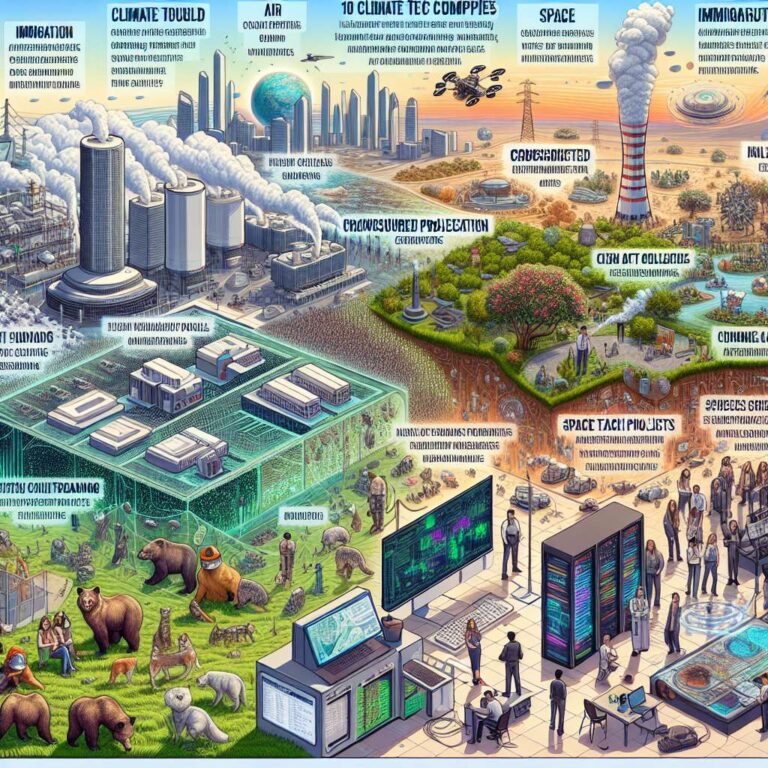MIT Technology Review’s newsroom has released its third annual list of 10 climate tech companies to watch, highlighting startups and firms working to decarbonize major sectors by creating cleaner energy sources and rethinking how we produce food and move goods. Despite a shifting political and funding backdrop in the US, the urgency around cutting greenhouse gas emissions remains unchanged, and the list aims to draw attention to companies making tangible progress toward that goal.
In a related perspective, Bill Gates argues that while the world is unlikely to meet the emissions limits set by the 2015 Paris Agreement, this shortfall stems largely from gaps in available technologies and the high costs of many existing tools. He frames this not as cause for despair but as motivation, pointing to human ingenuity and tools already reducing emissions, and expresses confidence that more affordable, effective solutions are on the way.
Elsewhere, efforts to crowdsource information about immigration enforcement have hit headwinds. People over Papers, a project mapping sightings of immigration agents, was taken offline by Padlet, the platform hosting it. It is the latest in a string of removals, following the disappearance of the ICEBlock app from app stores and the Stop ICE Raids Alert Network from tech platforms.
Today’s must-reads include a plan for Immigration and Customs Enforcement to build a social media surveillance squad using contractors to sift posts for arrest and deportation leads, and xAI’s move to build massive data centers in Memphis amid local discontent, alongside broader coverage of the data center boom in Europe and even in desert regions. Other highlights span Ukraine’s struggle with deadly, antibiotic-resistant infections; schools experimenting with student-written Artificial Intelligence policies and even curricula guided by Artificial Intelligence; shifting global talent flows as engineers look beyond the US amid visa crackdowns; China’s Ordos serving as a self-driving testbed; and high-tech collars that aim to help humans communicate with cows using Artificial Intelligence. Also noted: Instagram’s push toward ever more “contentified” posts and Asahi restarting beer production after a major cyber attack, with full capacity still uncertain.
One more thing: as satellite constellations multiply, scientists are racing to improve space-weather forecasting. New upper-atmosphere models aim to better predict density changes triggered by solar activity, which could help keep satellites safe and reduce the risk of collisions in low Earth orbit during turbulent geomagnetic conditions.
And for a lighter finish, the newsletter points to a site cataloging delightfully niche music genres, explains why world records are getting harder to break, offers a way to play Snake in your browser’s address bar, and showcases striking fall photography.

